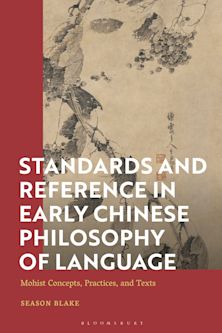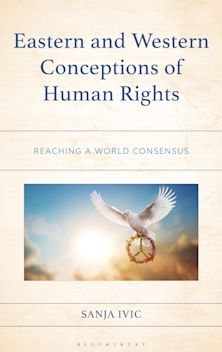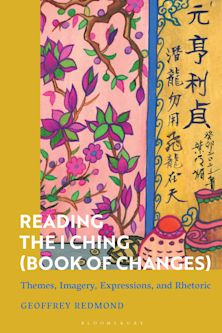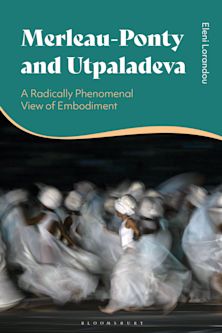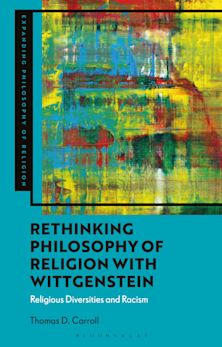- Home
- ACADEMIC
- Philosophy
- Cross-Cultural Philosophy
- Fortune and the Dao
Fortune and the Dao
A Comparative Study of Machiavelli, the Daodejing, and the Han Feizi
Fortune and the Dao
A Comparative Study of Machiavelli, the Daodejing, and the Han Feizi
You must sign in to add this item to your wishlist. Please sign in or create an account
Description
Times of prolonged conflict spur great minds to seek a lasting peace. Thus was the case of Warring States China, which saw the rise of the Hundred Schools of Thought, including the Doadejing and the Han Feizi, and Renaissance Italy, which produced Niccolò Machiavelli. Witnessing their respective societies fall prey to internal corruption and external aggression, all three thinkers sought ways to produce a strong, stable state that would allow both the leader and the populace to endure. Fortune and the Dao: A Comparative Study of Machiavelli, the Daodejing, and the Han Feizi demonstrates where the shortcomings of each theory lie, with emphasis on the similarities among Machiavelli, Laozi, and Han Feizi. Jason P. Blahuta ultimately argues that if Machiavelli’s philosophy, the most comprehensive of the three theories, were supplemented by aspects of the Daodejing, the revision would potentially overcome the deficiencies of the original.
Table of Contents
Chapter 2:Fortune and the Dao
Chapter 3:The Centaur and the Dragon
Chapter 4:Machiavelli and the Han Feizi
Chapter 5:Machiavelli, Laozi, and Han Feizi: Scope, Efficacy, and Possibilities
Product details
| Published | 16 Apr 2015 |
|---|---|
| Format | Ebook (Epub & Mobi) |
| Edition | 1st |
| Extent | 242 |
| ISBN | 9781498500531 |
| Imprint | Lexington Books |
| Series | Studies in Comparative Philosophy and Religion |
| Publisher | Bloomsbury Publishing |
About the contributors
Reviews
-
Fortune and the Dao: A Comparative Study of Machiavelli, the Daodejing, and the Han Feizi is an insightful and stimulating book. With a rare sensibility for the richness and subtleties of the images and concepts employed by Machiavelli, Laozi, and Hanfeizi, it explores their respective philosophical significance. It is not only scholarly convincing, but also a very well written exemplar of making comparative philosophy interesting and relevant.
Hans-Georg Moeller, University of Macau
-
This book undertakes a fascinating and subtle intellectual dialectic between the Chinese works, Daodejing and Han Feizi, and the opus of Niccolo Machiavelli. A daunting task to be sure, but the execution by Jason P. Blahuta is sophisticated and compelling.
Timothy J. Lukes, Santa Clara University












